Bluetooth speakers often play poor sound due to simple issues like low battery, weak signal, or a blocked speaker grille. Checking your device’s volume, cleaning the speaker, and keeping devices close can often restore clear audio
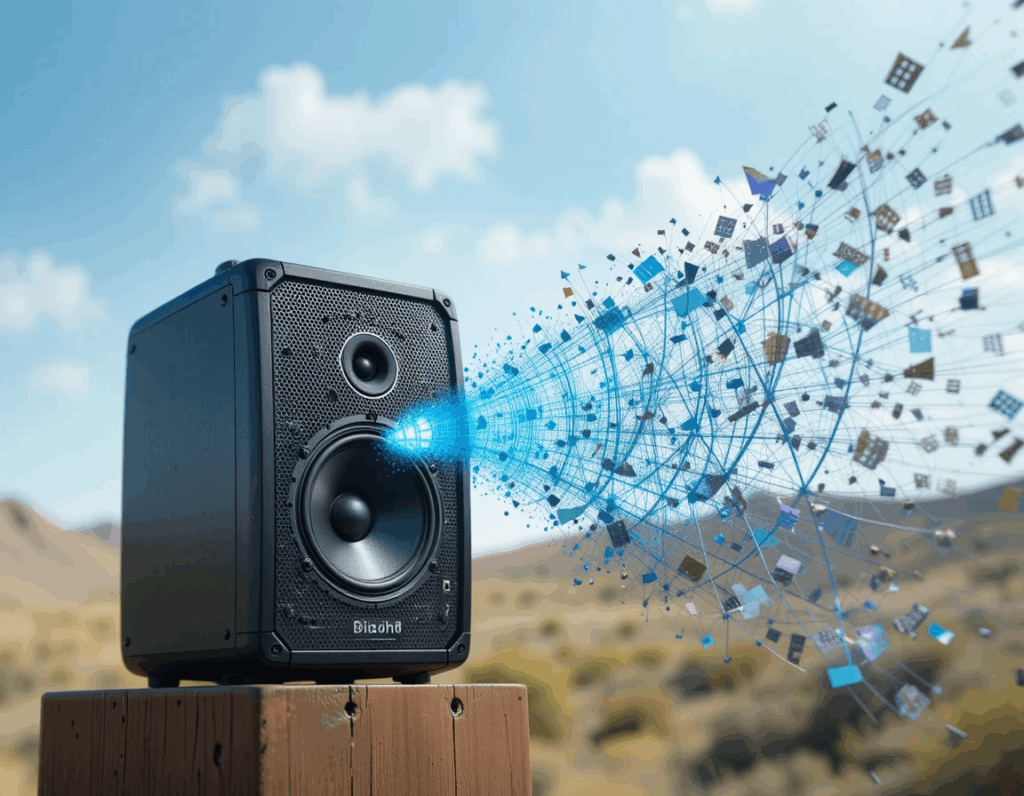
Table of Contents
- Common Causes of Bluetooth Speaker Poor Sound
- How to Fix Bluetooth Speaker Poor Sound
- FAQs
Common Causes of Bluetooth Speaker Poor Sound
Bluetooth speaker poor sound quality can stem from several issues. Dust or debris in the speaker grille is a top culprit: particles can block the drivers and muffle the audio Similarly, Bluetooth interference or distance can weaken the connection. Physical obstacles or other devices (like headphones or a smartwatch) near the speaker can disrupt the signal and cause crackling or muffled sound
Low battery or power issues can also reduce sound quality. When the speaker’s battery is low, power supply becomes inconsistent, often leading to distorted or quiet audio. Charging the speaker fully usually restores normal sound
Another cause is incorrect audio settings or EQ modes. If the music is optimized for a specific equalizer (Rock, Jazz, etc.), a mismatched setting may make the speaker sound hollow or unclear
Finally, physical damage or blown speaker drivers can cause poor sound. A blown or damaged speaker cone will produce distortion or no sound at all Playing audio at very high volume can strain and damage the drivers, leading to buzzing or crackling
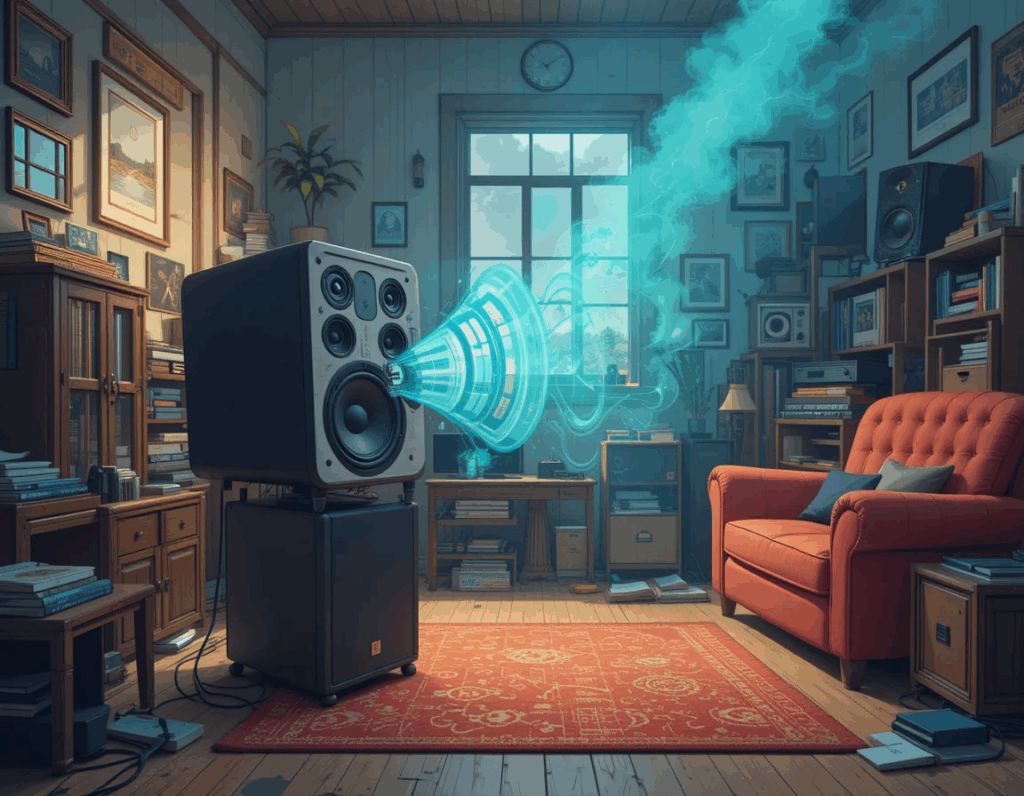
- Dirty/Blocked Grill: Dust accumulation can muffle sound by blocking the speaker driverscroma.com.
- Connection/Interference: Being too far from the device or having other Bluetooth devices connected can break the audio signal
- Low Battery: Weak or dying batteries can disrupt audio quality
- Wrong EQ or Volume: Low volume settings or mismatched equalizer presets can make music sound faint or tinny.
- Speaker Damage: Any physical damage (drops, spills, blown drivers) will degrade audio or stop sound output
Each of these factors can reduce your speaker’s audio performance. Understanding them is the first step to fixing the problem.
Why does my Bluetooth speaker have bad sound quality? 2025 Read More –>
How to Fix Bluetooth Speaker Poor Sound
Improving your Bluetooth speaker’s sound usually involves checking each possible cause in turn. Here are step-by-step solutions:
- Check Volume Levels: Ensure both your source device (phone, laptop) and the speaker itself are turned up. Sometimes a low volume setting on one device makes the sound seem weak. Also check that the speaker isn’t muted.
- Clean the Speaker: If dust or debris is visible on the grille, gently clean it with a soft brush or compressed air. Dirt in the speaker grill can muffle sound, so cleaning it can restore claritycroma.com.
- Charge or Replace Battery: Fully charge the speaker. A low battery can cause poor audio performance. If it still sounds weak, try again with a fully charged battery or another power source.
- Reduce Interference: Move the speaker and paired device closer together, with no walls or metal objects between them. Bluetooth signal drops quickly with distance. Disconnect any other Bluetooth devices (headphones, smartwatches) that might compete for the connectioncroma.com.
- Restart and Re-pair: Turn the speaker and source device off and on again. Then delete the speaker from your device’s Bluetooth list and pair it again. This refreshes the connection and often fixes glitches.
- Check Audio Source: Play a different song or app to rule out a bad audio file or streaming issue. If the original track is low-quality or DRM-protected, sound may be poor regardless of the speaker. Try connecting another phone or computer to the speaker to see if it sounds better.
- Adjust Audio Settings: On your source device, disable any special equalizers or sound effects, or switch to a “flat” mode. If you have options for Bluetooth audio quality (e.g. aptX, AAC vs SBC), choose the highest-quality mode. Sometimes disabling “HD audio” can actually fix distorted sound on some devices.
- Update Firmware/Drivers: If your speaker has a firmware update (check the manufacturer’s app or website) or if you’re using a computer, update the Bluetooth drivers. Outdated software can cause connectivity and sound issues.
- Check for Speaker Damage: Inspect your speaker for any visible damage. Gently tap the grille; if you hear rattling or distortion even at low volumes, the internal components might be blown In that case, professional repair or replacement may be needed.
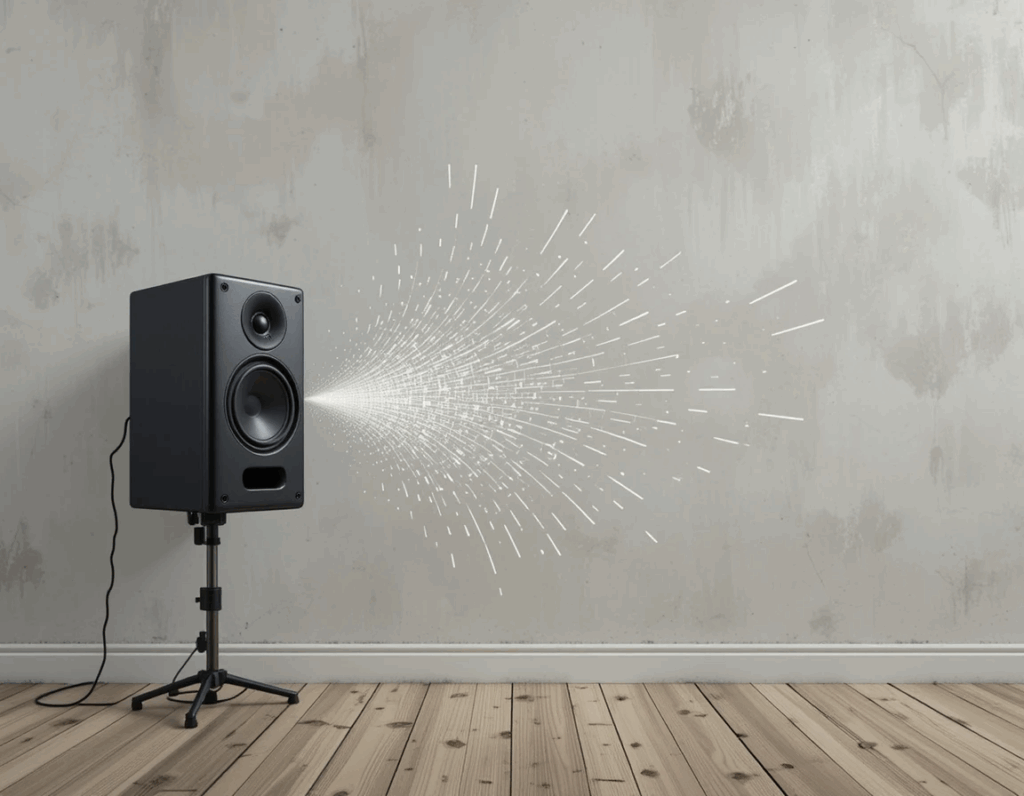
Following these steps carefully usually fixes most sound problems. Additionally, keep your devices updated, make sure Bluetooth is on in both, and avoid extremes of volume. Each step eliminates a common cause so you can quickly pinpoint the solution.
FAQs
Q: Why is my Bluetooth speaker sound so muffled?
A: Muffled sound often comes from dust or debris blocking the speaker or from Bluetooth signal issues. Clean the grill gently and ensure the speaker is close to the source device without obstaclescroma.comcroma.com.
Q: How can I improve poor sound on my Bluetooth speaker?
A: First, check volume and charging. Then try basic fixes: clean the speaker, restart devices, and move them closer. Adjust audio settings or update firmware if needed. These steps usually restore clear sound.
Q: Why is my Bluetooth speaker not loud enough?
A: Check if the speaker’s own volume is turned up and that no equalizer or “loudness” setting is limiting output. Also ensure the audio source isn’t at a low level. Low power or battery can also cause low volumecroma.com.
Q: What causes crackling or static in Bluetooth speakers?
A: Crackling often comes from interference (walls, other electronics) or too much volume causing blown driverssoundcore.com. Try lowering volume and removing electronic devices nearby. If crackling persists, the speaker may be damaged.

Q: Does Bluetooth version or codec affect sound quality?
A: Yes. Older Bluetooth versions or simpler codecs (like SBC) can result in lower fidelity. Most phones and modern speakers switch to higher-quality codecs automatically, but ensure both devices support common standards (aptX, AAC) for best audio.

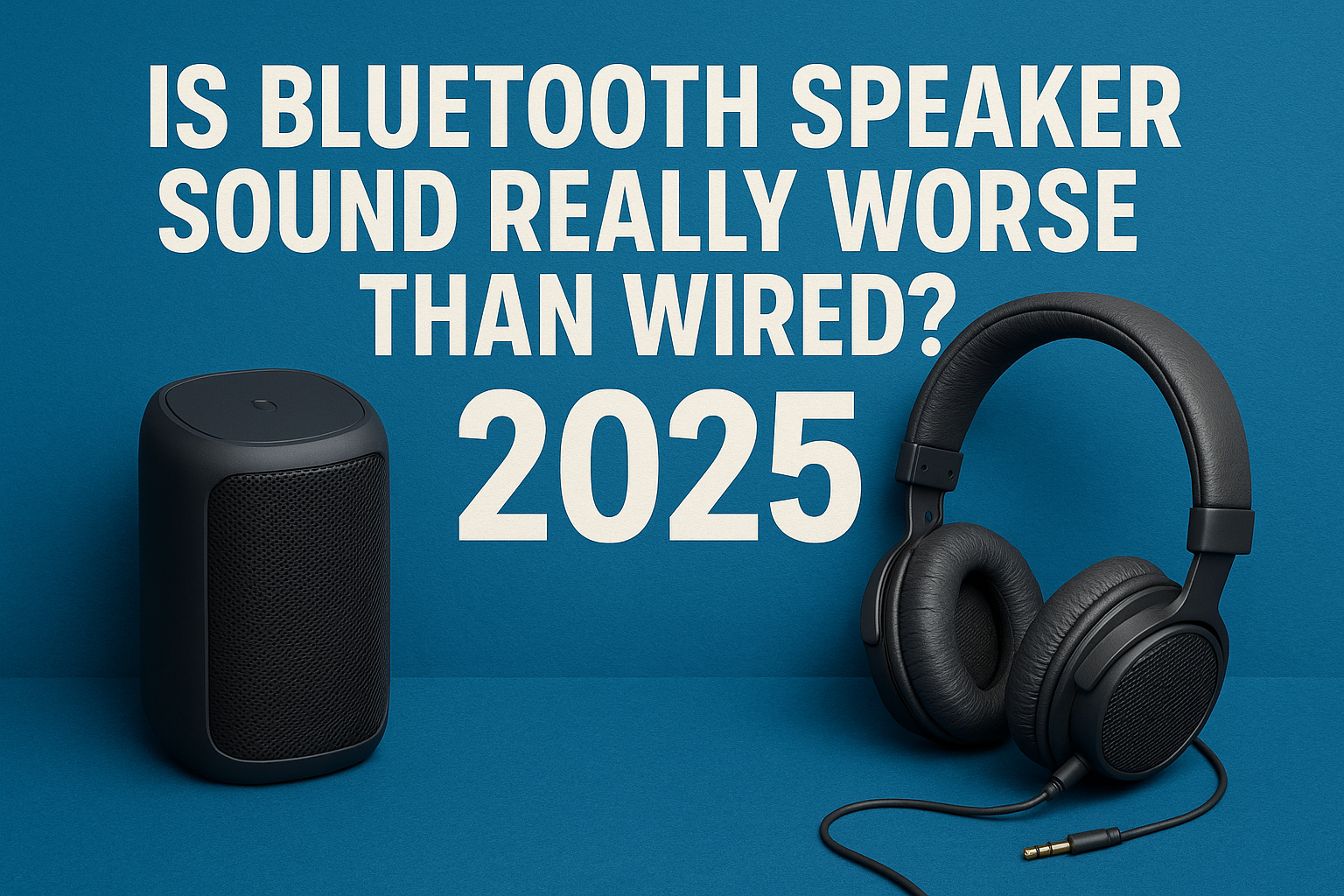
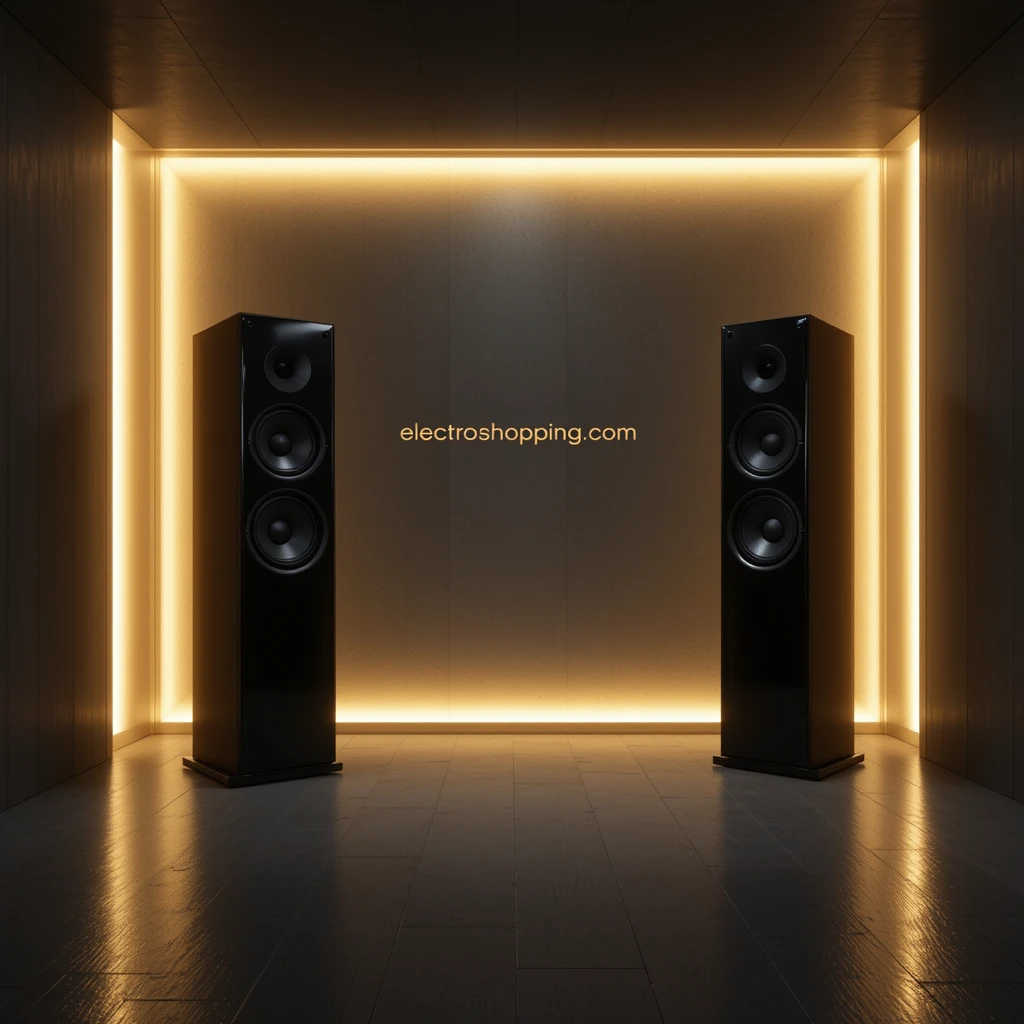
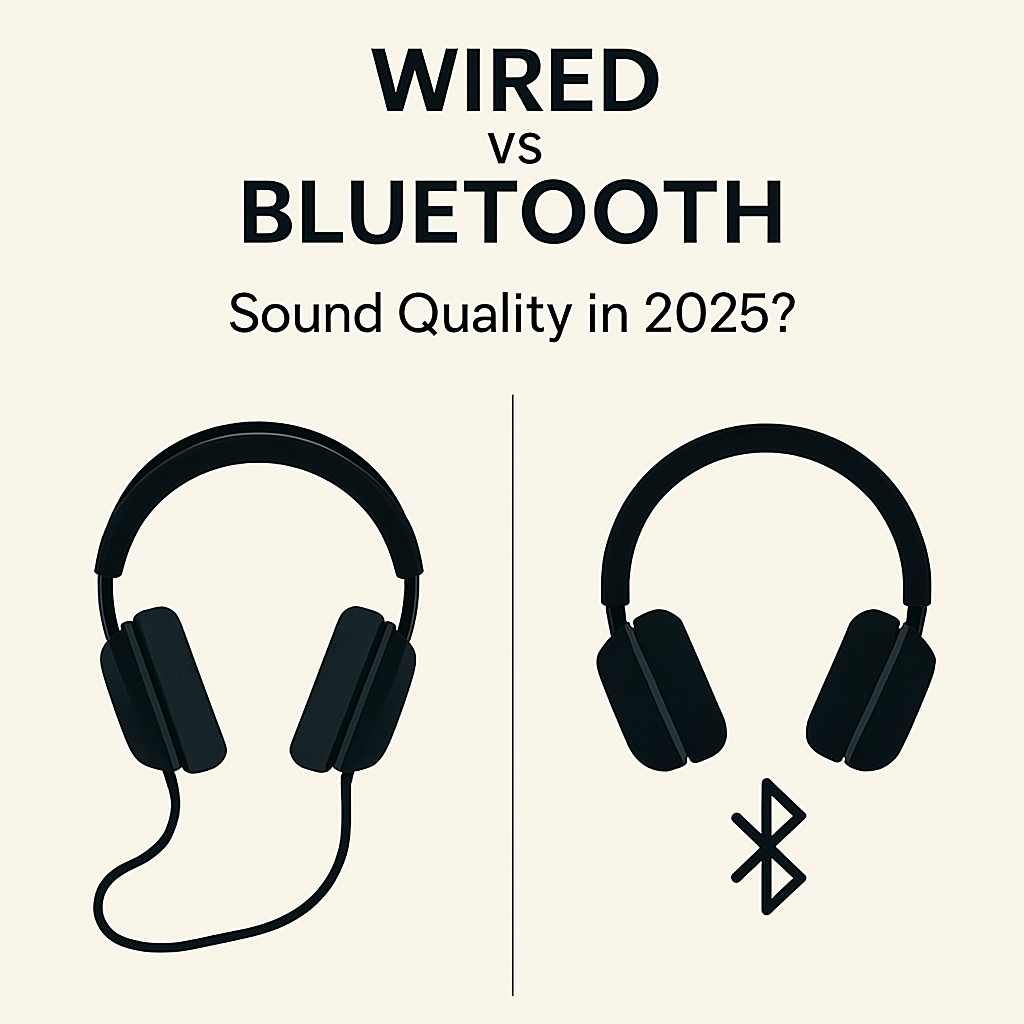

One thought on “Reasons Why Your Bluetooth Speaker Has Poor Sound”